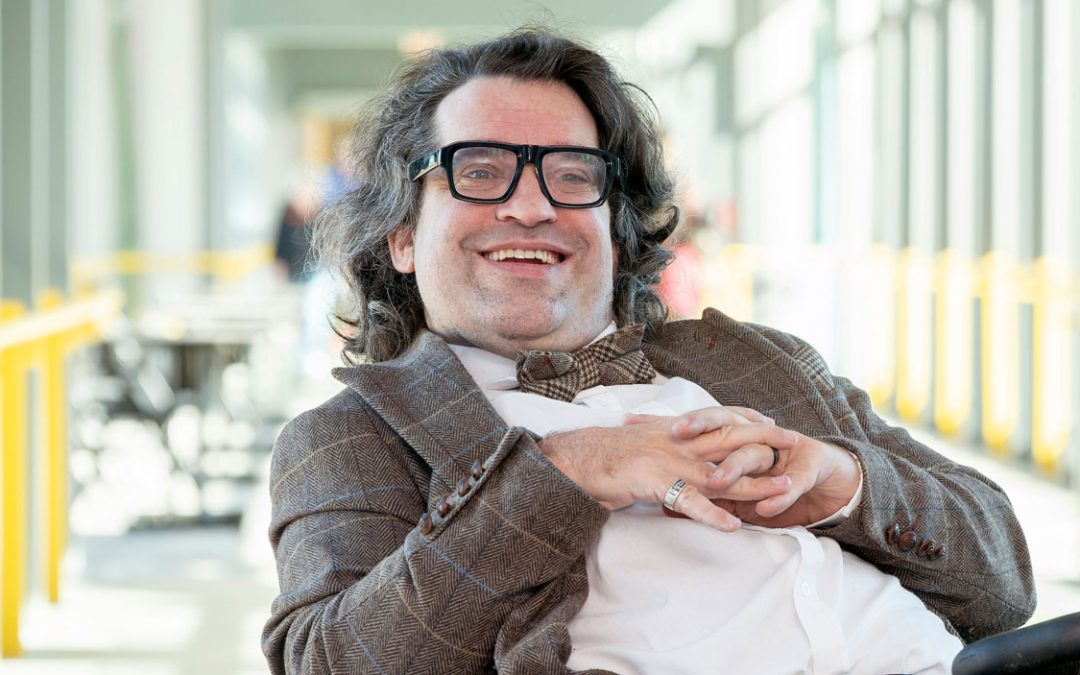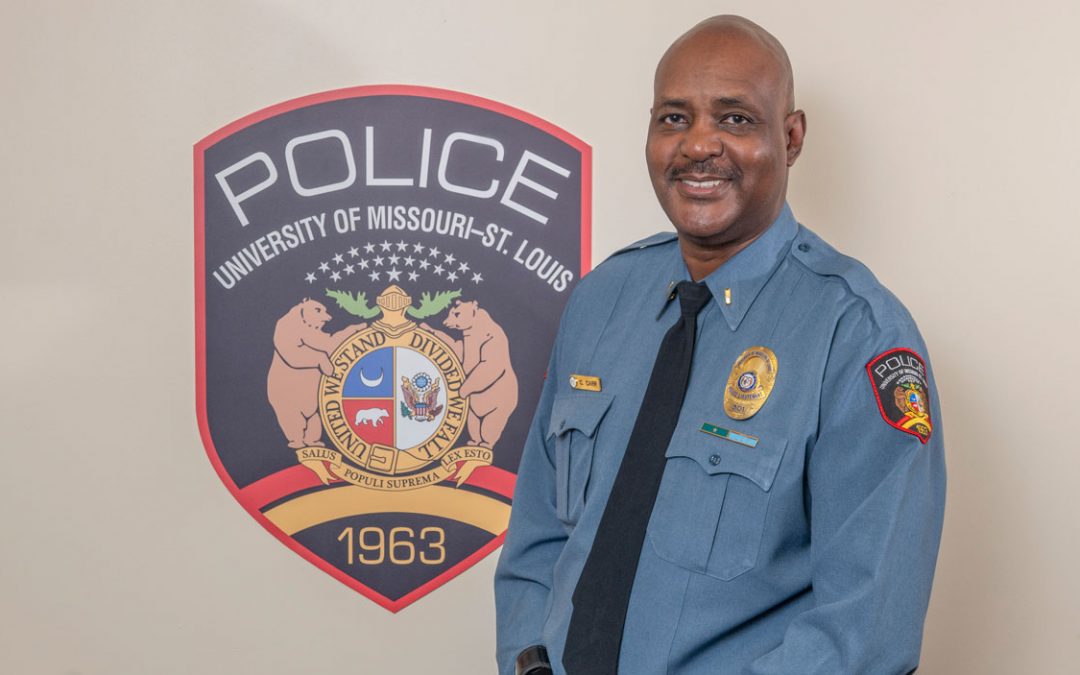How does mass trauma affect us? How do you talk to children about traumatic events?
University of Missouri–St. Louis psychologists talked to KSDK (Channel 5) reporter Kay Quinn about how to recover from events as tragic as last week’s theater shooting in Aurora, Colo., where a lone gunman opened fire on the audience of a sold-out screening of “The Dark Knight Rises.” He killed 12 and wounded more than 50 people.
Tara Galovski and Dorothy Denny spoke about the mass anxiety that traumatic events can have on people and how parents can talk to children about what occurred.
Galovski, an assistant professor of psychology at UMSL, told KSDK the shooting currently is in our forefront due to widespread media coverage. While attention given to the tragic event will taper off, anxiety could remain.
“When we do go through these security situations, at a ball game or at an airport, it serves as a reminder that something like this can happen in our backyard,” she said.
Galovski added that while the events are sad and can’t be undone, people shouldn’t rearrange their lives to avoid potential tragedy.
Denny, a social worker at the Children’s Advocacy Services of Greater St. Louis at UMSL, said parents should provide children with accurate information about the events that happened, and gauge their conversations based on the child’s age.
“For a young child, they may not even recognize what has happened, we need to answer their questions directly,” Denny told KSDK.
If a child asks why a parent is sad, she suggested telling them because someone did something bad. Denny added never to lie to children.
For older kids, she recommended asking them about what they know of the tragic events and how they feel about what happened.















